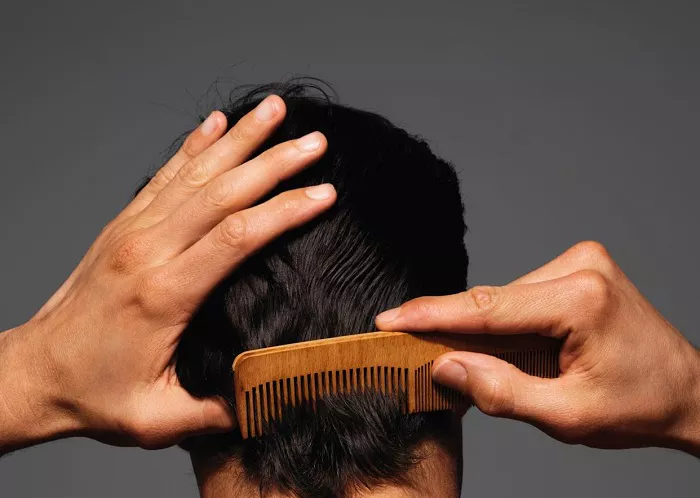Creatine is one of the most researched and widely used supplements in the fitness world, praised for its muscle-building benefits and minimal side effects. Yet, a persistent rumor suggests that creatine might be linked to hair loss—a concern that continues to circulate, especially on social media.
The origins of this myth trace back to a 2009 study involving a small group of college-aged rugby players. Over a three-week period of daily creatine supplementation, researchers observed an increase in levels of dihydrotestosterone (DHT), a hormone associated with hair thinning and follicle shrinkage. This finding sparked alarm, despite the fact that no participants in the study actually experienced hair loss.
According to exercise physiologist Dr. Jose Antonio of Nova Southeastern University, creatine remains one of the most well-studied dietary supplements, with over 500 scientific studies to its name. “The current body of evidence does not indicate that creatine causes hair loss or baldness,” Antonio emphasizes.
While the 2009 study showed a “statistically significant” rise in DHT, it’s important to note the participants’ DHT levels were initially 23% lower than those in the placebo group. Even after supplementation, their hormone levels stayed within normal clinical ranges. Antonio explains, “‘Statistically significant’ is not the same thing as physiologically meaningful.”
Twelve additional clinical trials have since examined the relationship between creatine and testosterone or DHT levels, and none have replicated the 2009 results. Still, the myth persists online, fueling unfounded fears about creatine and hair loss.
So, what exactly is creatine? It’s an amino-acid derivative naturally found in foods like meat and fish. In the body, it helps form phosphocreatine, a molecule essential for producing energy during short, high-intensity workouts.
Beyond its performance benefits, creatine shows promise in broader health applications. Studies suggest it may improve brain function, memory, and outcomes for individuals with neuromuscular diseases, Parkinson’s, Alzheimer’s, type 2 diabetes, and traumatic brain injuries. There’s even evidence it could help slow or reverse sarcopenia—age-related muscle loss.
As for side effects, creatine is classified as “Generally Recognized as Safe” (GRAS) by the FDA. When used properly, it may lead to mild weight gain—mainly from lean muscle mass—but not much else. Rare anecdotal reports mention kidney issues, cramps, or dehydration, but no clinical evidence links those directly to creatine use.
Some studies suggest caffeine could reduce creatine’s effectiveness, and registered dietitian Leslie Bonci notes that vegetarians may benefit most from supplementation, since their diets typically lack natural sources of creatine.
Anyone considering creatine should consult with a healthcare provider or seek guidance from a reputable nutrition expert. Available in powders, tablets, energy bars, and drink mixes, creatine remains a safe and effective option for those looking to boost performance—and, based on the science, it won’t jeopardize your hair health.
Related Topics:
- Dermatologist Shares 15-Minute Hair Growth Trick
- Vicky Pattison Endorses LED Hair Growth Helmet in Fight Against Thinning Hair
- Doctors Warn of Hair Growth Cream’s Rare Side Effect


